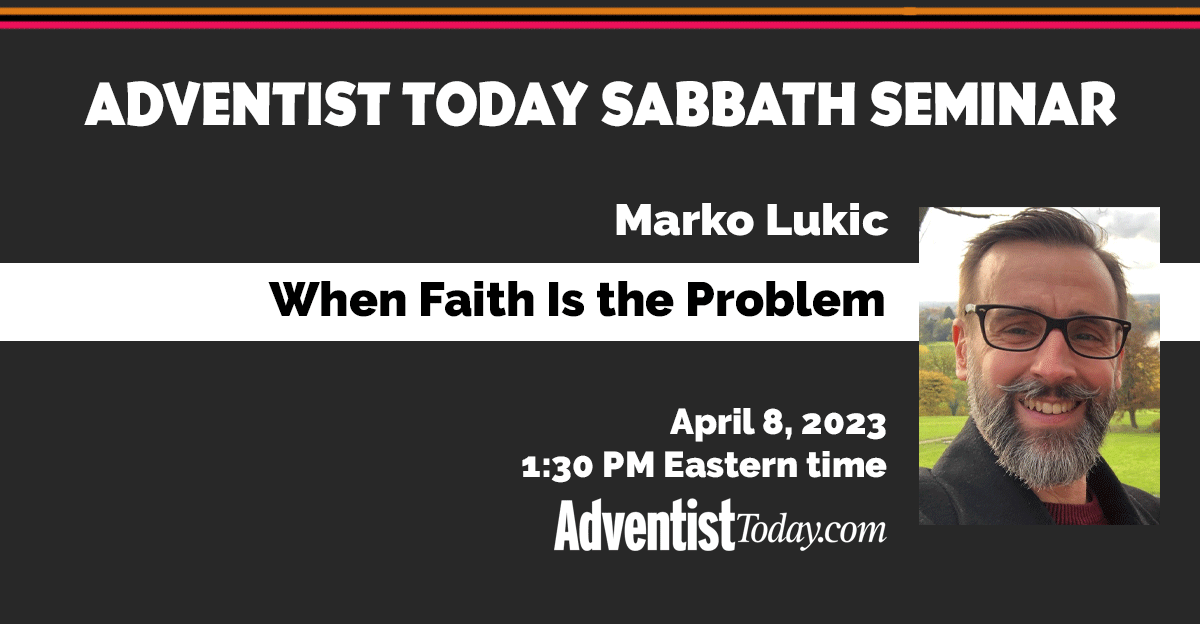The Mission program of the Seventh-day Adventist Church is an opportunity for us to understand the needs of others and share in supporting them. Please click on the image below to watch the Mission Spotlight presentation for this week:
[youtube https://www.youtube.com/watch?v=MasPkjVZKOE&w=560&h=315]
 (0)
(0)The post Mission Spotlight for April 8 appeared first on Sabbath School Net.
Source: https://ssnet.org/blog/mission-spotlight-for-april-8/



